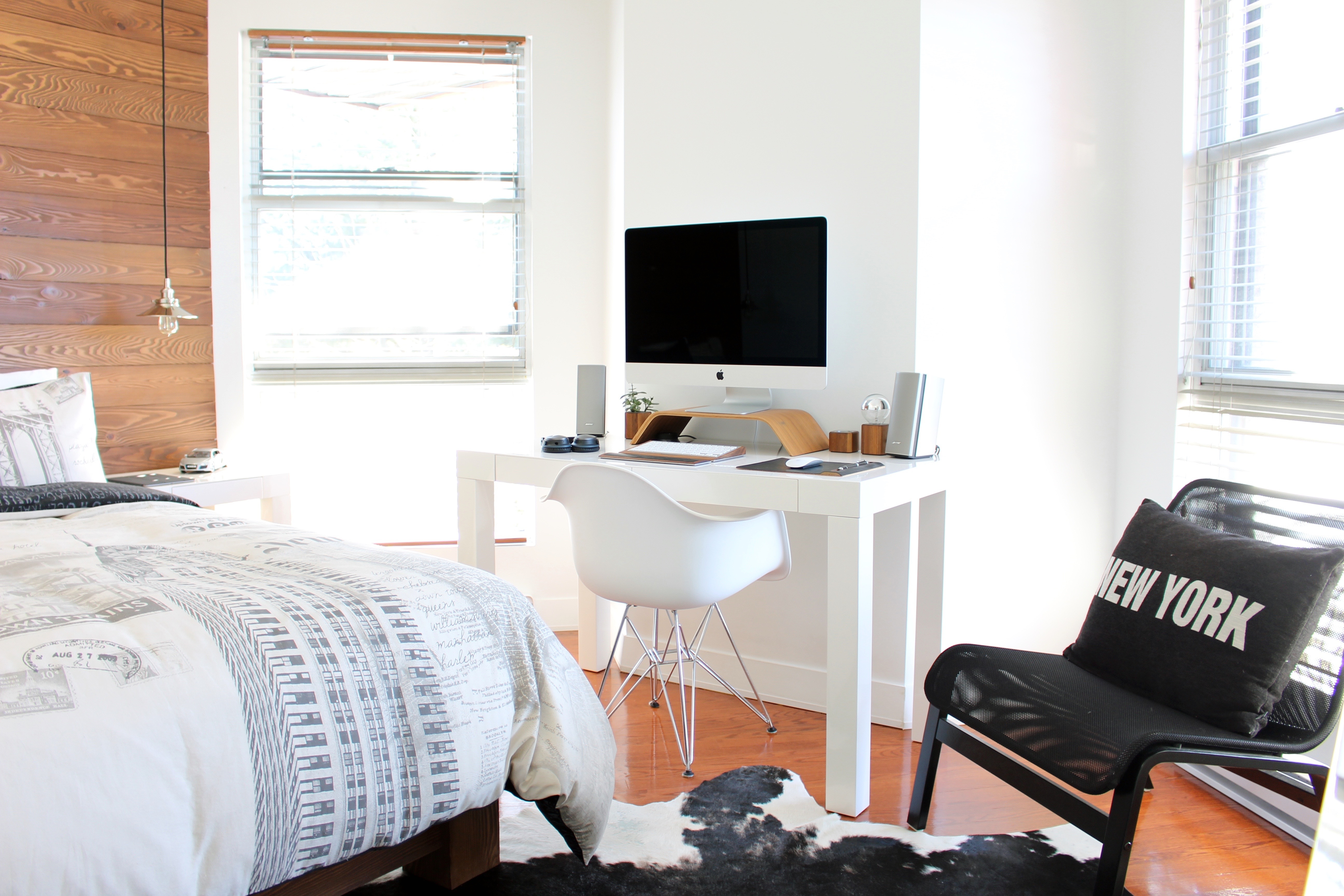It seems we’ve traded in our teddy bears for high-tech gizmos. According to a poll by the National Sleep Foundation, 9 out of 10 Americans say they use an electronic device (TV, cell phone, computer) in the hour before bed, and many report bringing laptops, tablets, and phones into bed with them. But if we don’t put our devices to sleep, we’re not likely to get much shut-eye either. The screens we stare into emit an electronic glow that interferes with melatonin production, inhibiting our natural rhythms of sleep and waking. What’s more, depending on what we’re doing online (answering emails, posting on social media, playing games), we’re also revving up the brain when we should be slowing down. In the process, stress hormones, such as cortisol, are released, and the Land of Nod recedes into the distance.
Taming Technology for Better Sleep
In the best-case scenario, we should declare our bedrooms tech-free zones and turn off all electronics a half hour or more before heading to bed. But if that seems like too large a leap to take all at once, we can take small but effective steps to balance the benefits of technology with our need for a good night’s sleep.
Alert Yourself
Program an alert on your phone to signal when it’s time to power down and begin your bedtime routine. When the alarm sounds, turn off electronic devices, and stop any activities that require mental or physical effort.
Bye-Bye Blue Light
Adjust your phone, tablet, or laptop’s screen settings to filter out the attention-boosting blue light, which disturbs natural circadian rhythms, or use the backlight option. You can use an app with a red filter, program your devices to do this for you automatically, or do it manually when the sun sets.
No-Phone Zone
Minimize the use of phones and other electronics by covering unused outlets with plug protectors (sold as child-safety products) to discourage yourself from charging electronics in the bedroom. Then, when your phone or laptop runs low on batteries, you’ll be less inclined to give it more juice, and more inclined to settle down and recharge your own batteries.
The Passive Choice
Not all electronics are created equal when it comes to interfering with sleep. More passive technologies, like television, cause less sleep interference than ones we engage with more actively, such as computer games or online chatting.
New Life for Dead Phones
Use outdated phones that are no longer connected to cellular services as alarm clocks, bedside MP3 players, and voice recorders for recording dreams. That way you can enjoy these features without having your sleep interrupted by incoming calls or messages — and avoid the temptation to read email, check social media, or surf the Web.

Excerpted from The Mindful Way to a Good Night’s Sleep, © by Tzivia Gover, used with permission from Storey Publishing.


